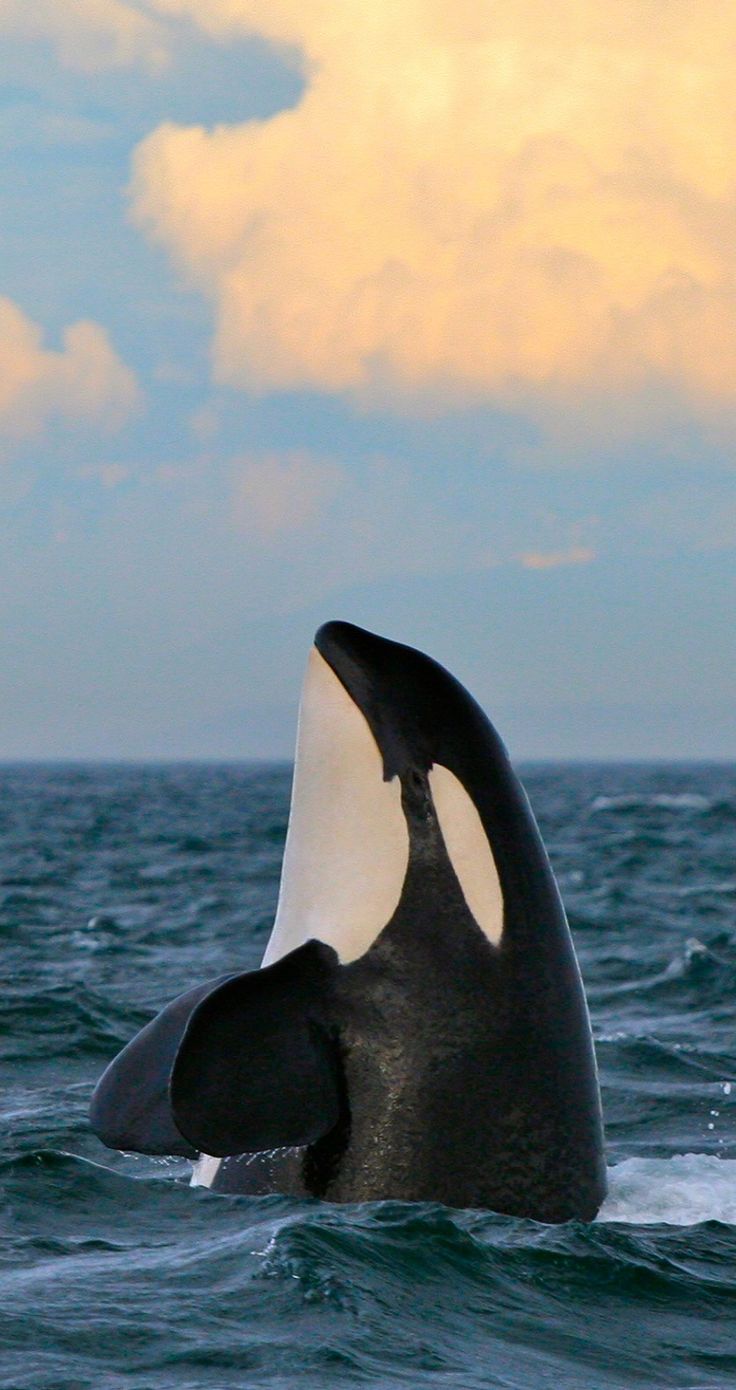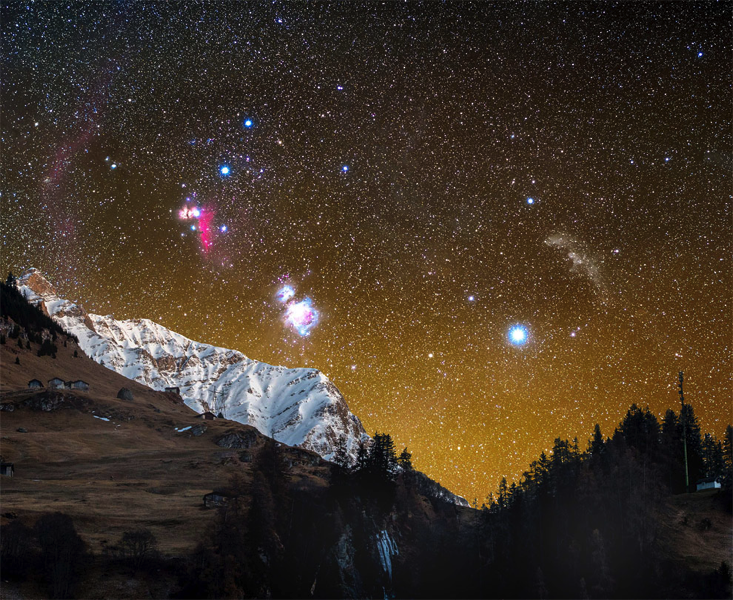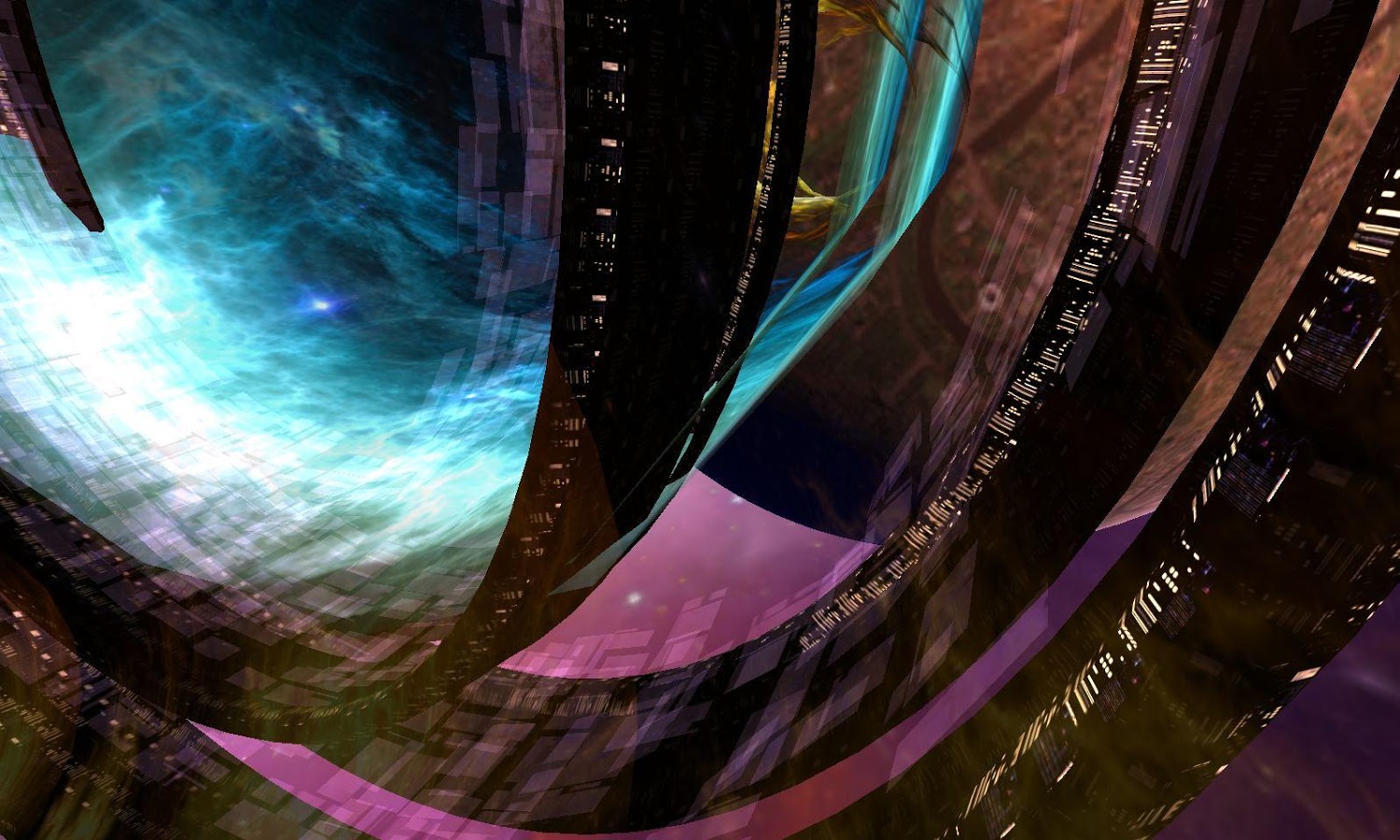Here’s an interesting thought experiment. Imagine the beginnings of planning in human evolution. When did the first people communicate to each other, undoubtedly through signs: “I’ll go this way, you go that way, and we’ll meet on that ridge as the sun goes down?”
 Why does this matter? Because planning is the cornerstone of the human adaptive pattern. “We are a planning species,” as someone glibly put it recently.
Why does this matter? Because planning is the cornerstone of the human adaptive pattern. “We are a planning species,” as someone glibly put it recently.
More to the point, the primacy of planning is why humans are slaves of time, whereas ending time frees us to be human beings. So as the crisis of consciousness intensifies, we need to understand the place of planning, and what it means to end psychological time.
What is planning? It’s a much more complex question than it may appear. Planning involves capabilities that only a few other species on earth possess, and then only to a rudimentary degree.
With the exception of Orcas perhaps, which we have named in our own image, “Killer whales,” no other creature makes complex, coordinated plans. (Calling Orcas “Killer whales” is like calling humans “Killer primates,” except Orcas aren’t whales; they’re dolphins.) These creatures seem to have a grasp of both time and strategy. If they had hands, would Orcas be as rapacious as humans? I doubt it.
Planning involves the ability to consciously hold a concept of time, a goal and a means of achieving the goal in mind at the same time. Since the first people were capable of organized hunting and knowledge-based gathering, our pre-human ancestors must have been able to plan to a rudimentary degree.
That was more than a million years ago, coinciding with the domesticating of fire. The bipedal progenitors of proto-humans were the progenitors of modern humans, as we are the potential progenitors of human beings. Prior to fire, hominids were clever, opportunistic scavengers supplementing their arboreal vegetable diet.
So planning emerged with organized hunting and gathering. The first division of labor was between hunting and gathering. The main occupation of men was to hunt, while women tended to children, and gathered what food they could in the vicinity of camp. When the hunt failed, as it often did, women had to provide.
All plans flow from an underlying worldview or understanding. A worldview is “a comprehensive conception of the universe and of humanity’s relation to it.” Everyone has one, whether they are consciously or subconsciously held.
Worldviews can be more or less accurate (or utterly warped, as we see with Trump and Bannon), but understanding is essentially, imperfectly true.
Worldviews are rarely questioned and checked, whereas understanding is only gained through questioning and insight, and is continually tested for validity and viability.
Cutting edge planning in any area of human life involves a new worldview, and lies at the juncture of the unknown, timeless dimension, and the tangible world of the known.
Plans must be strong enough to carry the day if fitting, flexible enough to change when meeting actual conditions, and porous enough to dissolve if they don’t work.
The primacy of human planning has given rise to the projection of cosmic design. We suppose that because humans can plan well, there’s a God that can plan perfectly. But intrinsic cosmic intelligence (a term I prefer to God in this context) has no design, and makes no plans.
Therefore Intelligence doesn’t have a plan, but darkness does. The man-made evil in human consciousness is using a willing fool in the most powerful office in the world in its plan to destroy humanity.
Darkness means to destroy the earth and break the human spirit, and it will push that agenda as far as people are willing to let it. Resistance is necessary but not sufficient.
To go to the next level in human evolution does not involve fusing with machines made in the image of thought, however fast, knowledgeable and rational computers may become.
Transmutation requires transcending psychological time, which means being able to plan when necessary and fitting, and step out of the stream of time when not.
A few lines from a 3rd century BC Chinese philosopher, Chuang-Tzu consciousness philosopher to mind:
“But now, I see nothing
With the eye. My whole being
Apprehends.
My senses are idle. The spirit
Free to work without plan
Follows its own instinct
Guided by natural line,
By the secret opening, the hidden space.”
Martin LeFevre

